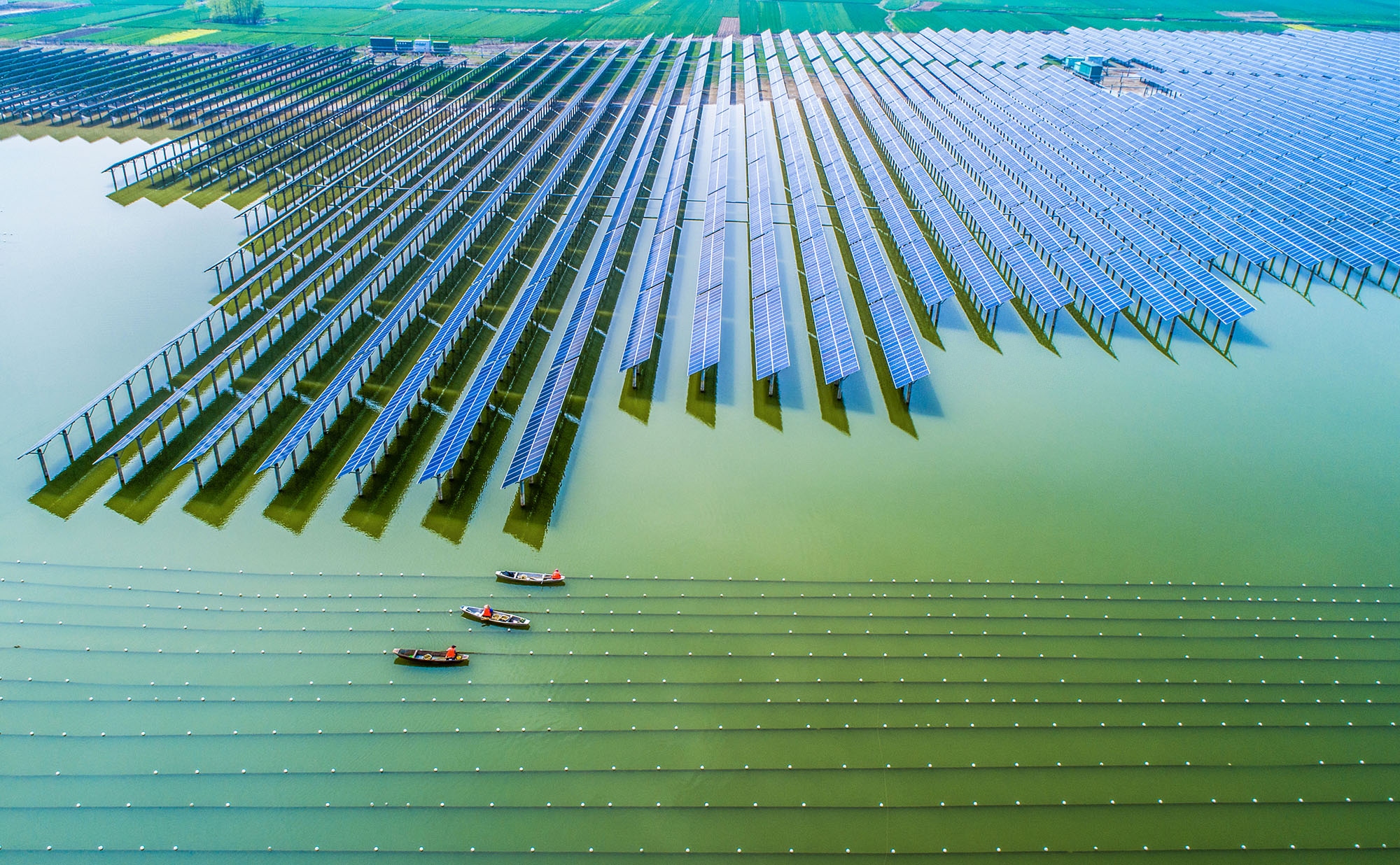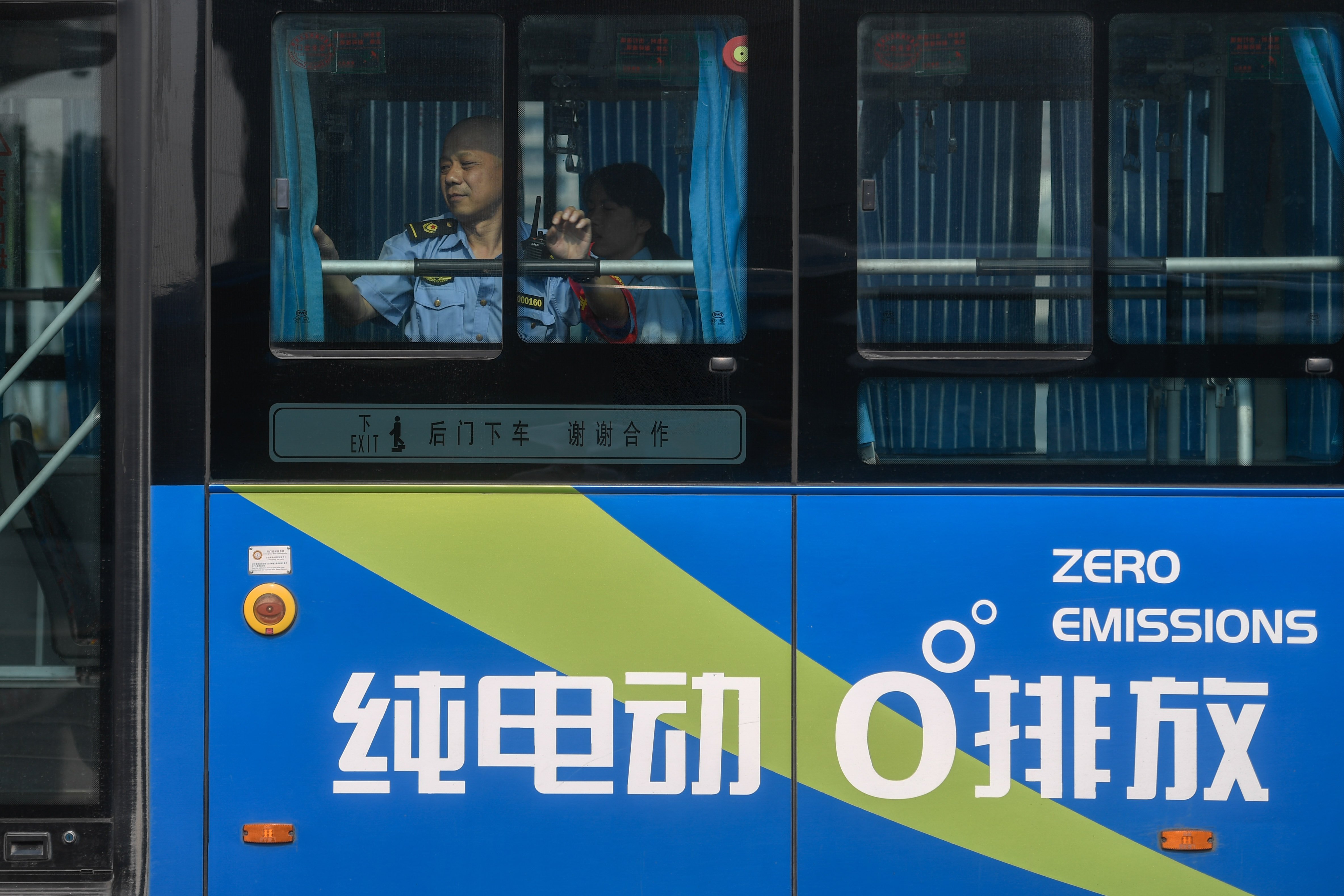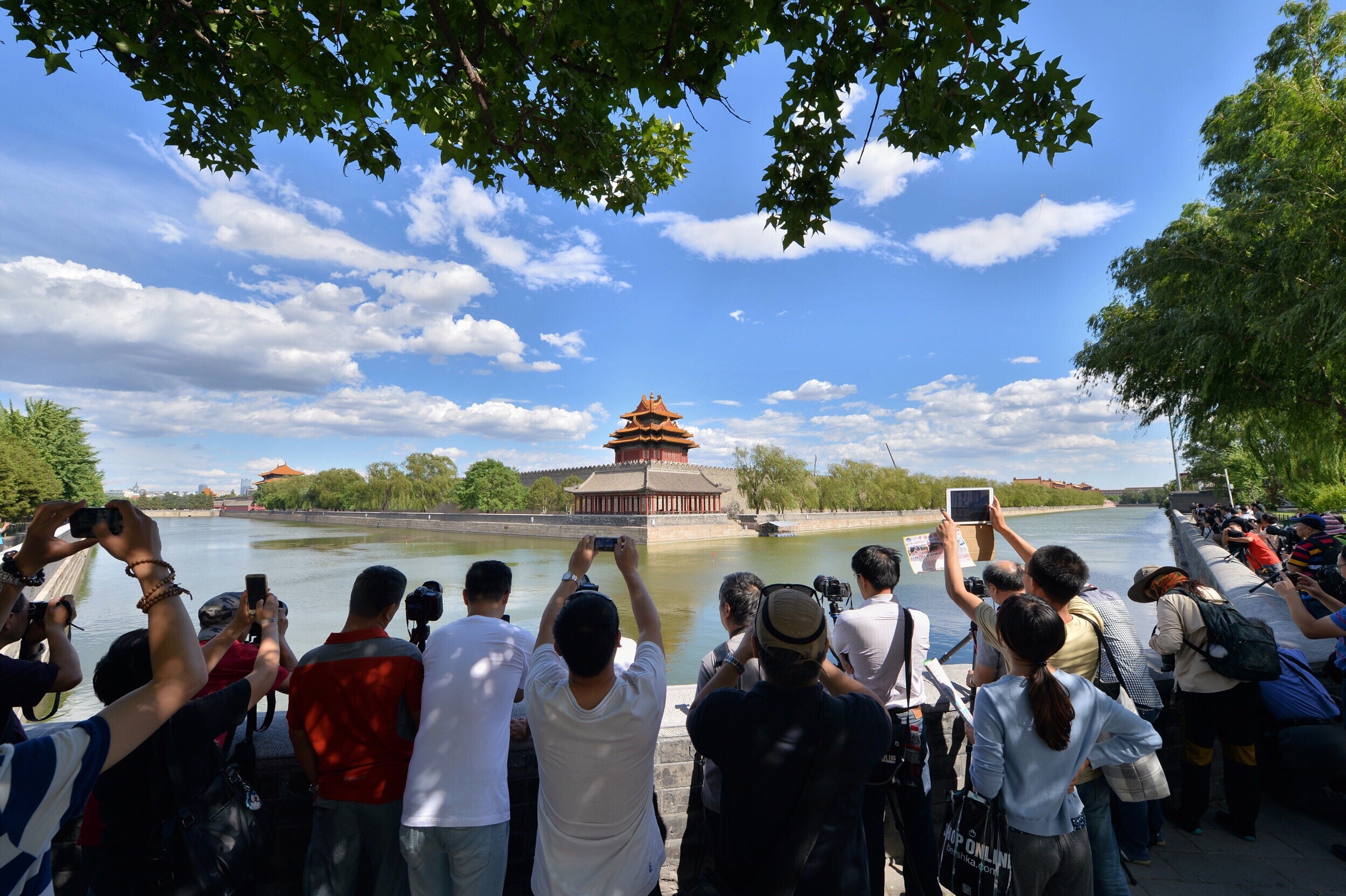How China cleans its air
- By Daniel Hyatt
 0 Comment(s)
0 Comment(s) Print
Print E-mail China.org.cn, June 5, 2019
E-mail China.org.cn, June 5, 2019

China is this year's global host of World Environment Day. With celebrations across multiple cities, the main event will be held in Hangzhou on June 5, and policymakers at the event will explain how China got rid of the choking smog that once engulfed its cities.
The event will not only bring to light the policies and methods that China used to improve its air quality but is also an opportunity for the world to realize that having rapid industrial development alongside green and sustainable policies is, in fact, possible.
China embarked on the path of industrialization in 1953, followed by economic liberalization in 1978. Up until recently, this was a period of rapid growth. Along with its prosperity, China's fast-paced development brought along some associated problems – air pollution being one of the biggest issues.
Now that its policies have started to mature, focus is shifting toward the quality of economic development. This, in turn, is improving the quality of China's air. Cleaner, greener and enhanced industrial methods are improving the environment and, at the same time, increasing economic production.
Today we see real progress being made in China's efforts to create a better environment and improve its air quality. Due to the commitment of the government and the people, independent studies like a recent one by the University of Chicago acknowledge the drastic decrease in airborne fine particles in many Chinese cities.
An array of measures has made the country's economic advancement sustainable and encouraged international players to take serious action in their fight against air pollution.
The toughest program launched by China in its war against pollution was the "Air Pollution Prevention and Control Action Plan" in 2013. In just four years, the concentration of inhalable particles decreased by 10% to 25% in large cities.
In a subsequent three-year program that began in 2018, harmful content in the air is now being reduced by 15% to 18% of 2015 levels through endeavors like optimizing industrial structure, developing green transport and strengthening regional coordination.
As part of China's nationwide air control strategy, identifying and controlling contamination sources is a top priority. Since coal is one of the primary sources, its effects are being offset by replacing coal-fired plants with alternatives such as nuclear power, natural gas and hydropower. For domestic users, gas-fired heating systems are replacing coal-based systems – a practice that has caused a 12% drop in cities' pollution levels. In rural areas in the north, an innovative method has been the use of geothermal energy, where hot groundwater is used to supply heat to village homes.

Another major source of hazardous emissions is transportation and the solution has been a nationwide push to transition to electric vehicles. Today China operates half of the entire world's electric vehicles. A revamp of commercial and mass transportation has been so wide-ranging that 99% of the world's electric buses are now being run in China.
Under the ongoing five-year plan, a further increase in the proportion of electric vehicles is being encouraged by making them more economical. This has attracted investment from foreign companies like Tesla. Last year, the American company announced a massive plant in Shanghai which is expected to start trial production by late 2019 to benefit from the Chinese government's favorable policies.
China also now has the world's most extensive air monitoring system. With a decentralized control system, the network enables central, provincial, municipal and county level governments to report on the air quality.
Private companies have also stepped in to help the government in its monitoring efforts. Privately-produced mass spectrometers have been installed in hundreds of cities across the country to monitor pollution sources in real time. They have replaced traditional methods of monitoring and saved an enormous amount of money in prevention and control.
China's capital city, Beijing, is spearheading the campaign against air pollution. In its 20-year battle against pollution, the city reduced PM 2.5 content (microscopic particles in the air which reduce visibility) by over 40%, according to a report by the Beijing Municipal Ecology and Environment Bureau.
But this official report is not just an exercise in self-congratulation. Beijing's efforts have also been recognized by the United Nations Environment Assembly, which credits China's investment of time, resources and political will as the reasons behind this achievement.

Beijing started by enacting strict environmental laws and after ensuring their implementation and enforcement, a mechanism of identifying pollution sources and taking account of harmful emissions followed. Subsequently, impurity levels were reduced progressively with the help of the public who assisted in implementing these measures.
China's accomplishments have set a persuasive precedent for the international community. If a developing country, banking heavily on industrialization, can progress while keeping its air clean, so can developed countries. Positioning itself as a climate leader, China has practically demonstrated that a balance between economic growth and environmental protection is very much achievable.
Daniel Hyatt is a Pakistan-based freelance journalist and commentator on modern China.
Opinion articles reflect the views of their authors only, not necessarily those of China.org.cn.
If you would like to contribute and have specific expertise, please contact us at opinion@china.org.cn.






Go to Forum >>0 Comment(s)